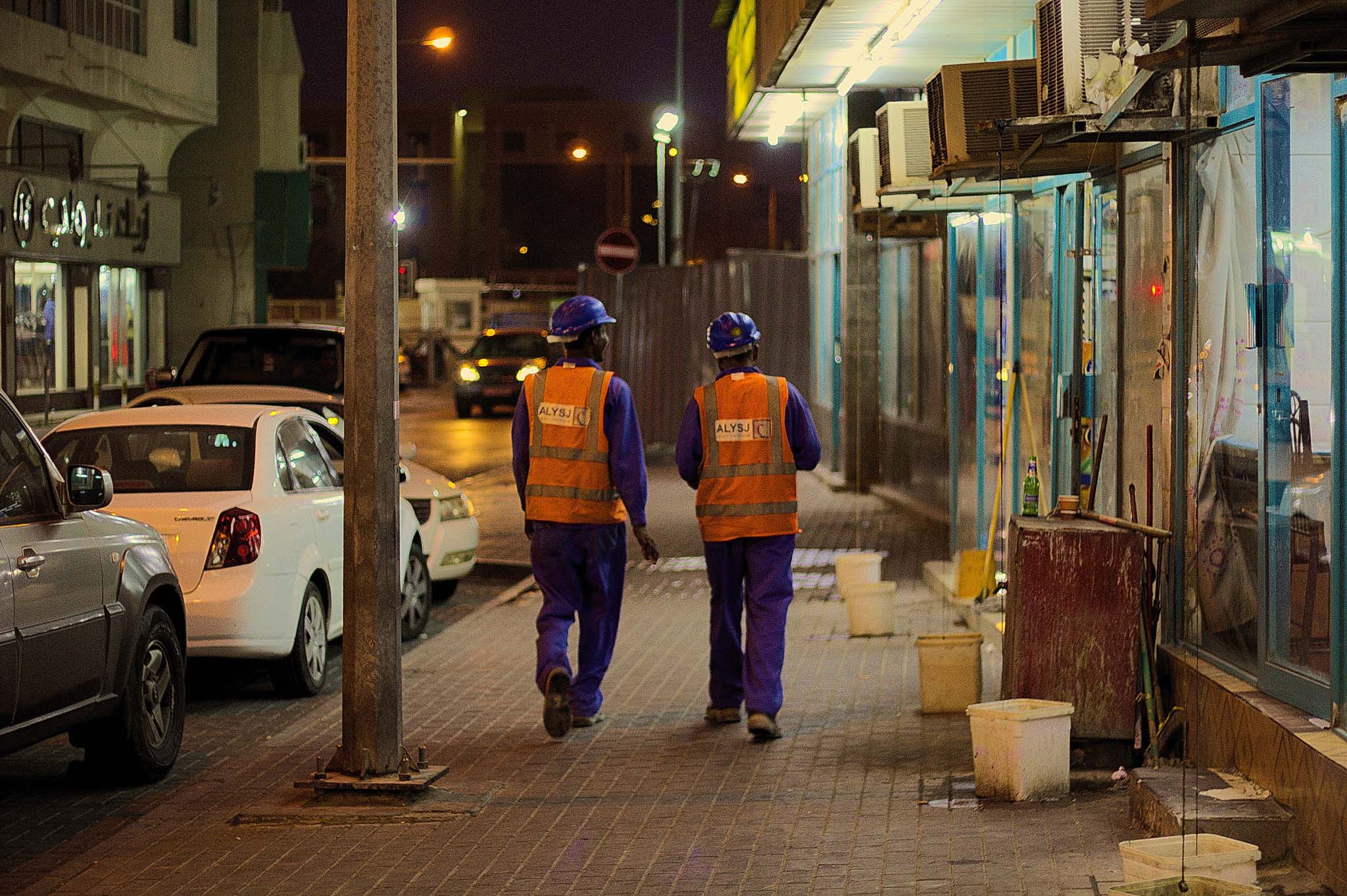
After three years, the US has taken Qatar off of its “watch list” when it comes to human trafficking issues.
Qatar is now considered a Tier 2 country, according to the US State Department’s 2017 Trafficking in Person’s Report.
The annual rankings assess how nations around the world are dealing with human trafficking abuses.

Qatar has made “increasing efforts” to eliminate human trafficking over the past year, the report stated.
In comparison, neighboring Saudi Arabia remains on the watch list, along with Kuwait and Oman. Meanwhile, the UAE and Bahrain hold the same Tier 2 designation as Qatar.
Strides made
According to the report, Qatar made a number of significant improvements in the past year.
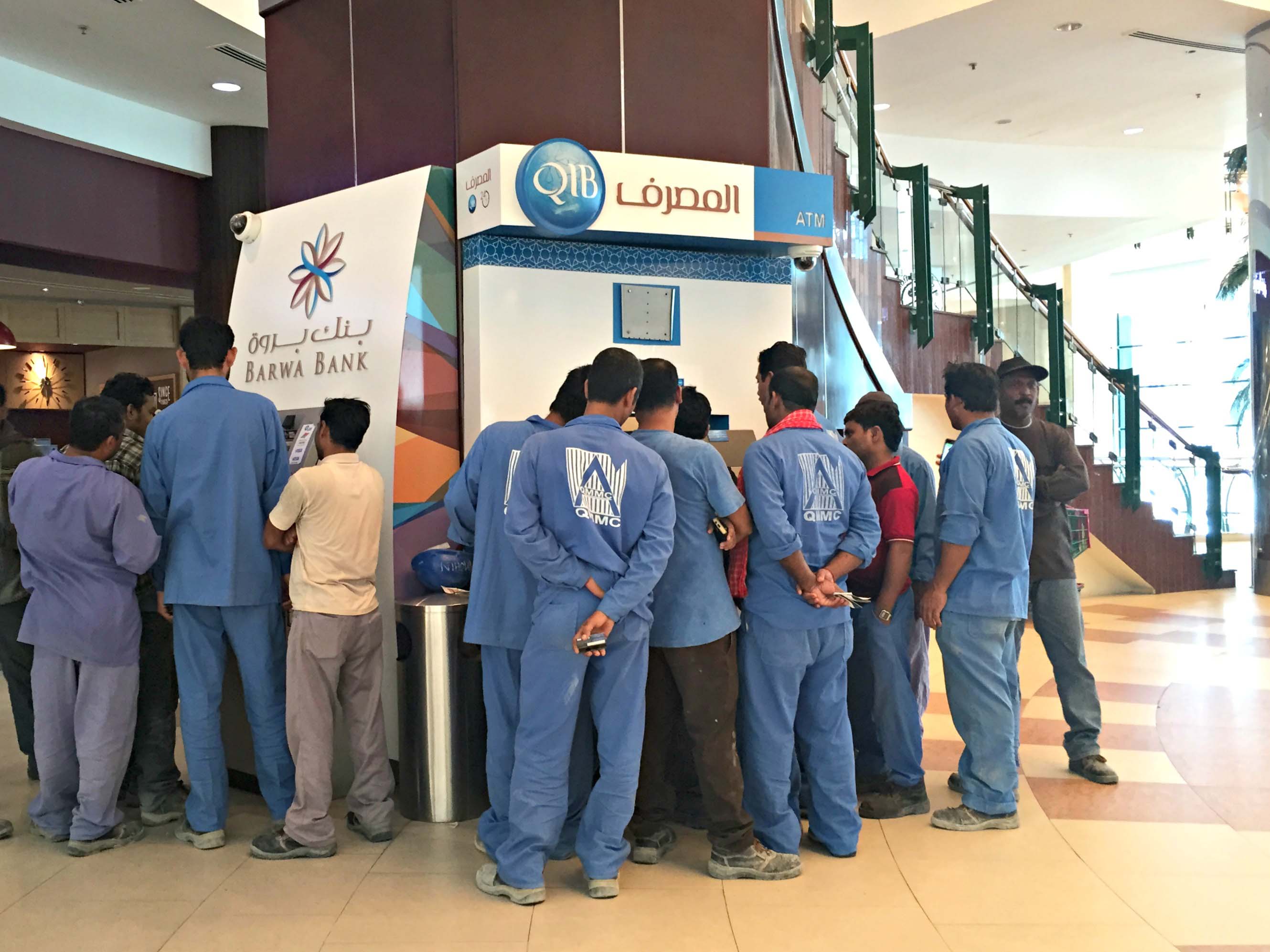
These included kafala reforms and the introduction of the Wage Protection System (WPS), which ensures that workers are paid their salaries electronically.
Te report also said that Qatar had made “substantial progress” toward implementing a new electronic contracting system, and in introducing new labor dispute panels to accelerate resolution of labor-related legal cases.
Qatar has also apparently increased its conviction rate for trafficking-related offenses.
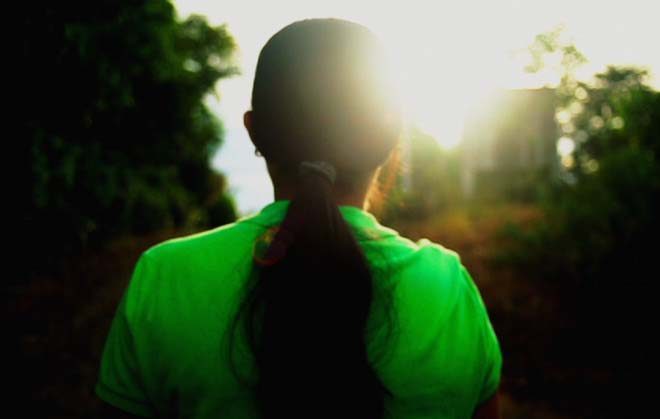
Despite these improvements, the report also pointed out areas where Qatar had not met the standard required.
These included:
- Not prosecuting any Qatari employers or recruitment agencies for forced labor;
- Often not investigating trafficking cases that involved passport retention, labor violations, and complaints of abuse;
- Arresting, detaining and deporting potential trafficking victims for immigration violations or for fleeing their employers or sponsors;
- Not providing data on the number of victims it identified or assisted, and not holding complicit officials criminally accountable.
And even though there are legal systems in place to make complaints, victims are often not protected against retribution from their employers, the report said, adding:
“Victims who lodged complaints were sometimes the subject of spurious counter-charges by their respective employers that resulted in administrative deportation proceedings.
While more than 4,000 victims filed official complaints against their employers for restitution of wages during the year, domestic workers— who were not covered under the labor law—continued to face difficulties seeking legal redress for abuses through civil court action.”
Often, the only choices victims had were to change employers or go home, the report said.
Recommendations
If Qatar wants to move up to the top level, Tier 1, it would need to put several measures in place to prevent trafficking.
One recommendation included continuing to implement reforms to the sponsorship system “so it does not provide excessive power to sponsors or employers in granting and maintaining the legal status of migrant workers,” the report said.
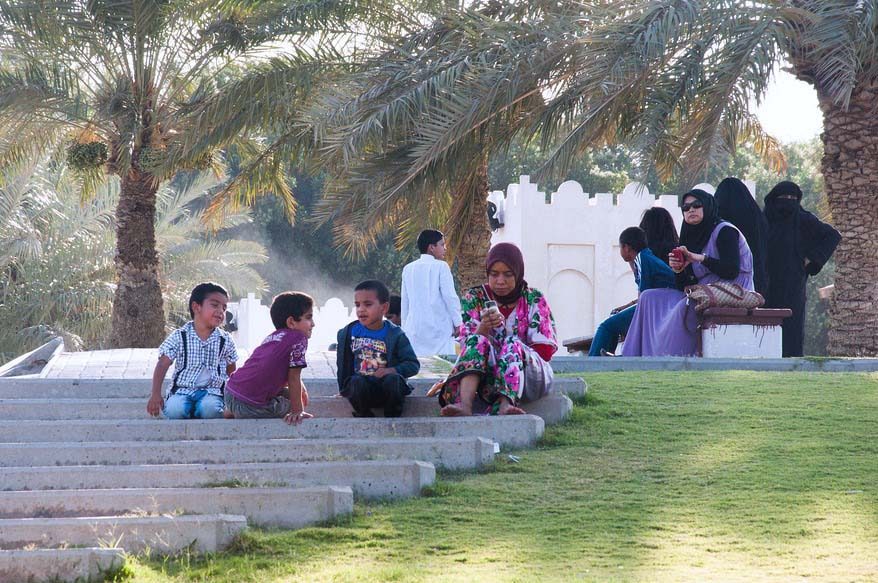
Qatar should also quickly implement the new domestic worker law that has been in the works, as well as extend the labor law to this category of people.
What is trafficking?
The annual report assesses anti-trafficking efforts made by 188 countries globally between April 2016 and March 2017, and ranks them in one of four tiers.
It describes trafficking as “the act of recruiting, harboring, transporting, providing, or obtaining a person for compelled labor or commercial sex acts through the use of force, fraud, or coercion.”
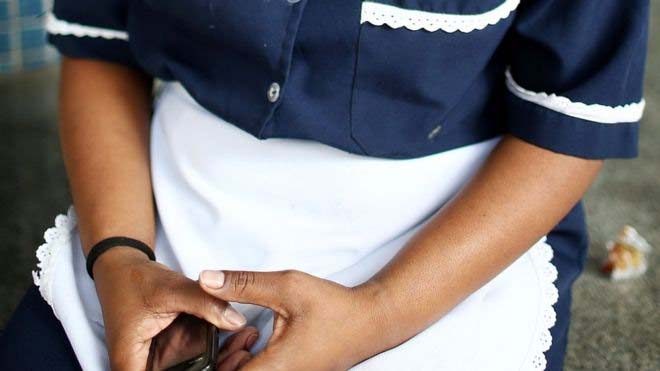
This includes sex trafficking, child sex trafficking, debt bondage, forced labor, domestic servitude, forced child labor and the unlawful recruitment and use of child soldiers.
Overall, some 21 countries were downgraded from last year, including China, which could now face sanctions for not taking “serious action” to stop forced North Korean labor.
And 27 were upgraded, including Qatar, Afghanistan, Iraq and Malaysia.
You can read the full State Department report here.
Thoughts?






